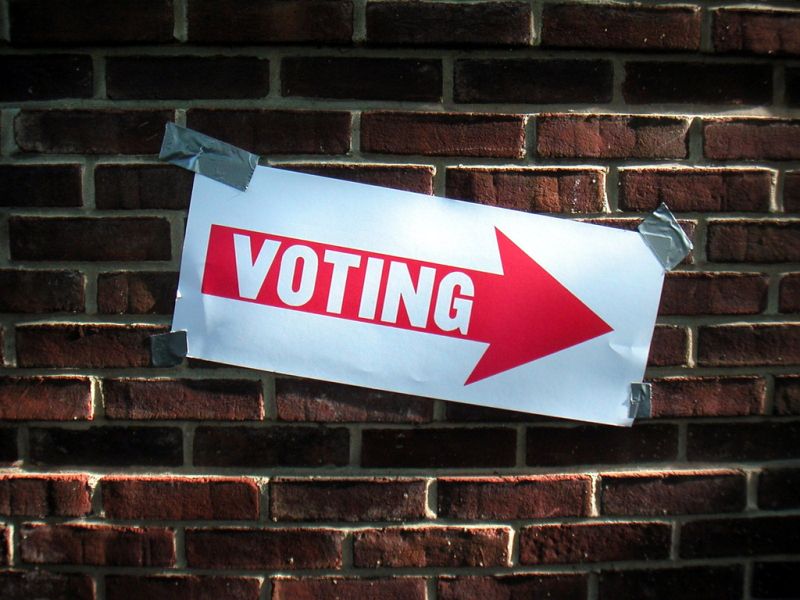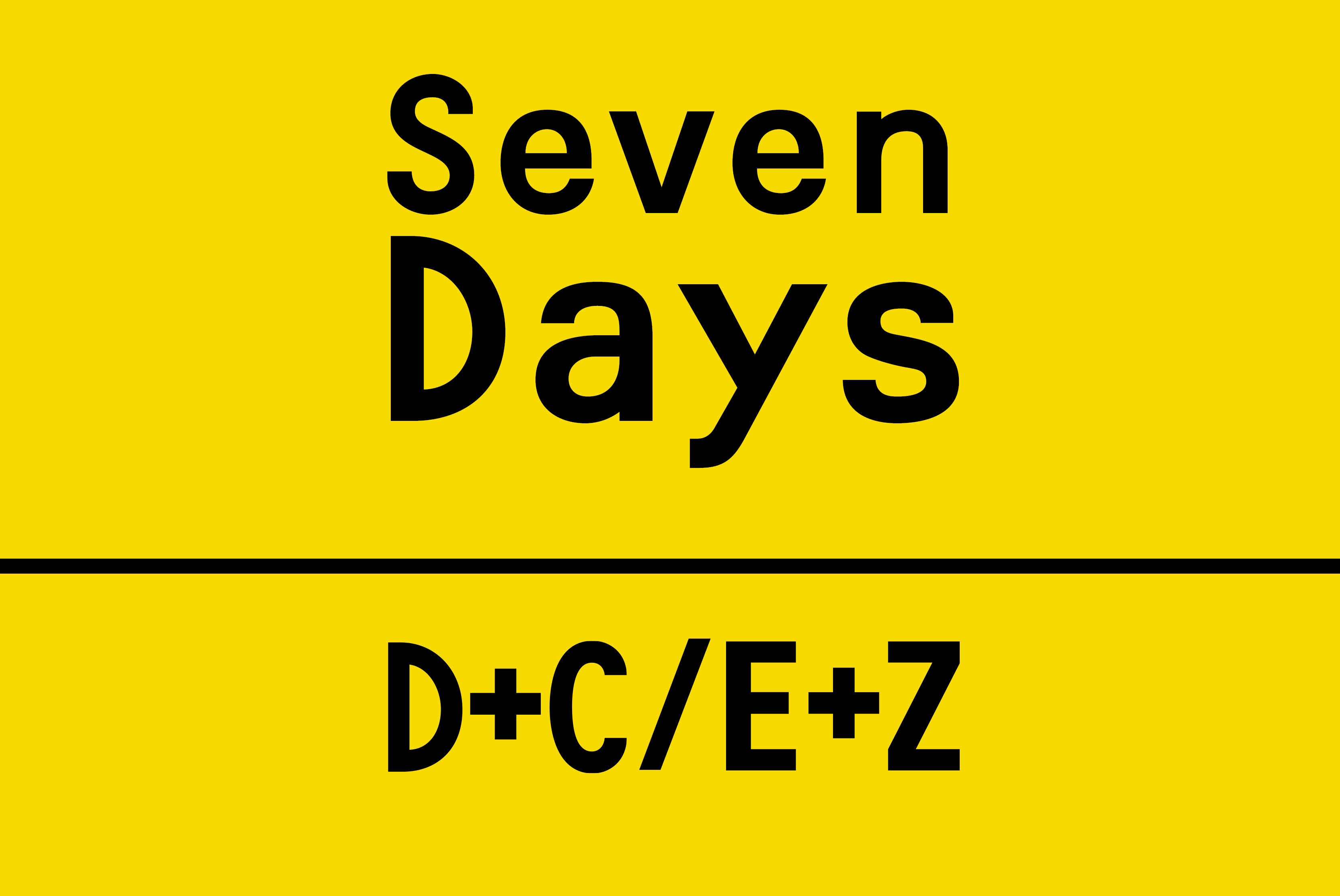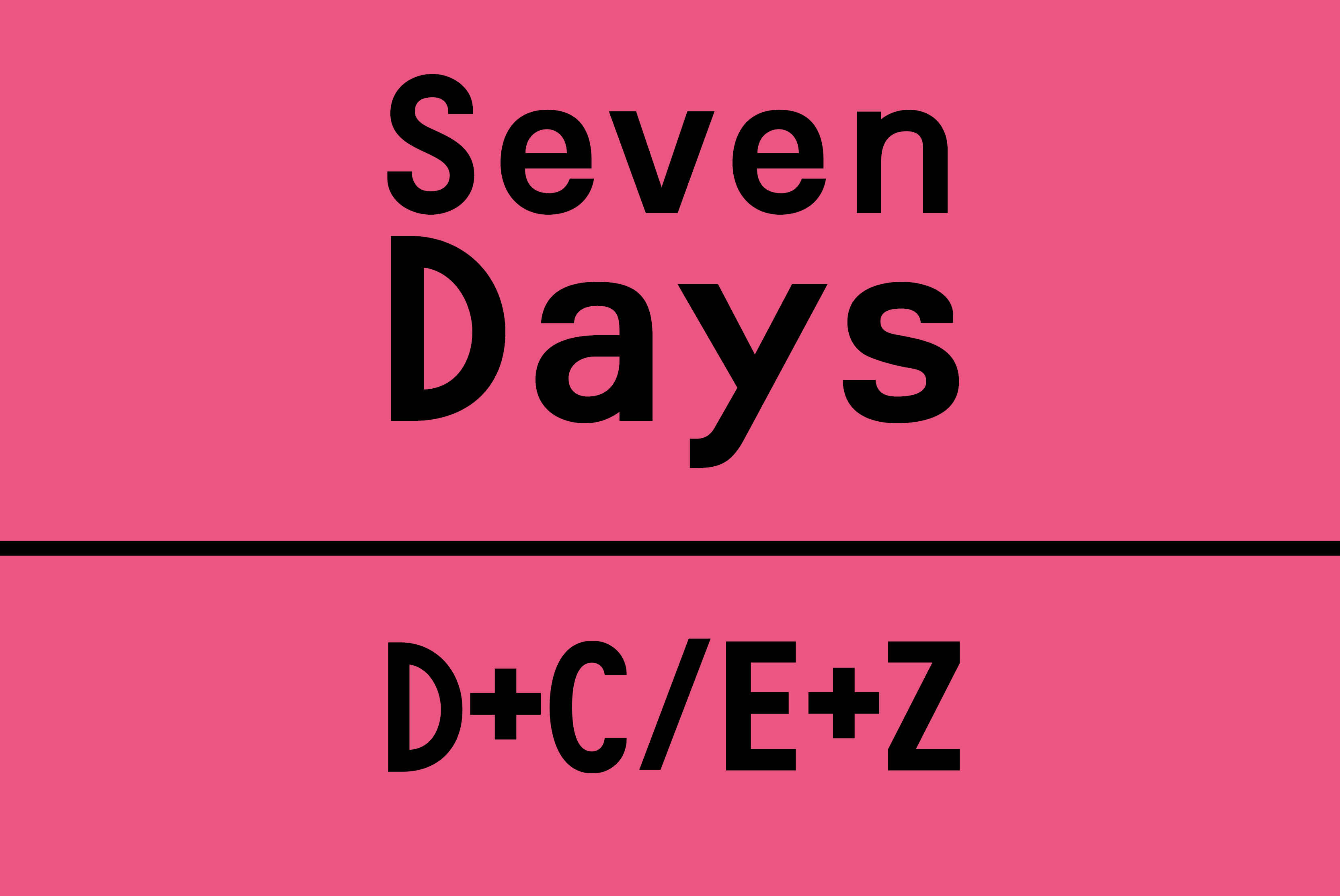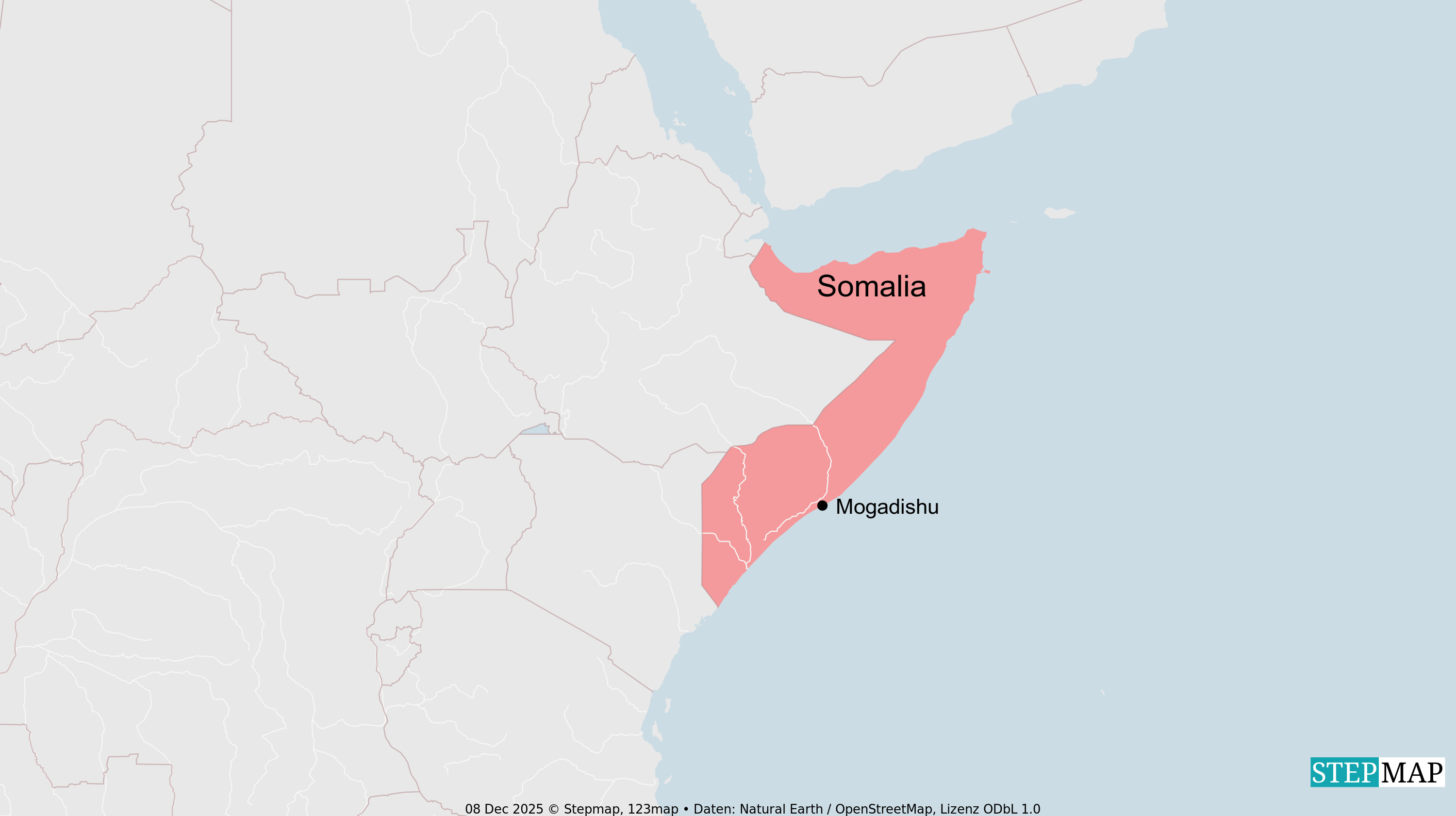In brief
News of the week
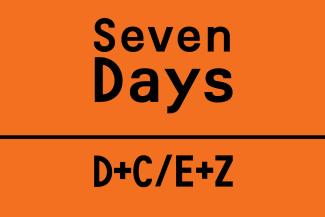
Death toll in the Mediterranean increases dramatically
The EU is under increasing pressure to step up rescue operations in the Mediterranean Sea after the death of hundreds of refugees. The UN Refugee Agency (UNHCR) and Amnesty International said they were “deeply shocked” by the death of 400 migrants in a shipwreck this week. It raised this year’s death toll to almost 900. According to UNHCR, the number is more than 50 times higher than in the same period in 2014.
The Italian Coastguard announced that almost 10,000 migrants fleeing Libya had been rescued in just a few days – with thousands more on the way. The coastguard saves most migrants in the Mediterranean while the EU’s joint border-control operation Triton is very limited in its scope and resources. Italy’s sea patrolling operation Mare Nostrum had saved 150,000 people last year, before being replaced by Triton. The EU had been unwilling to financially support Mare Nostrum as demanded by Italy.
Sources: The Independent, UNHCR
Kenya wants to close world’s biggest refugee camp complex
After the attack on Garissa University College by Somalian al-Shabab fighters that killed 148 people, Kenya wants to close the Dadaab refugee camps in northern Kenya. With 350,000 inhabitants, Dadaab is the world’s largest refugee camp. The government in Nairobi claims al-Shabab fighters are hiding in the camps and using them as a base for attacks. It gave the UN three months to relocate the refugees. Otherwise, Kenya would do so.
The UN Refugee Agency (UNHCR) urged the government to reconsider the plan. Spokesperson Karin de Gruijl told journalists in Geneva that the refugee agency was “concerned that abruptly closing the Dadaab camps and forcing refugees back to Somalia would have extreme humanitarian and practical consequences, and would be a breach of Kenya’s international obligations”.
Sources: Al Jazeera, New York Times, UNHCR
Obama to remove Cuba from terror list
US President Barack Obama has said he will remove Cuba from a US list of state sponsors of terrorism. He informed Congress on Tuesday that “the government of Cuba has not provided any support for international terrorism during the preceding six-month period”. He added that Cuba “has provided assurances that it will not support acts of international terrorism in the future”. Congress has 45 days to consider Obama’s decision before it takes effect.
The decision would remove the main obstacle to restoring diplomatic relations and reopening embassies. Obama and Cuba’s president Raúl Castro shook hands at a historical meeting of the two countries’ leaders on Saturday at the Panama Summit of the Americas. They are in the course of normalising relations after more than half a century of hostility.
Source: Reuters
Schools in Sierra Leone reopen
Schools in Sierra Leone have reopened this week after nine months of closure because of the Ebola virus. For the country’s 1.8 million school children that marked “a major step in the normalisation of life”, said Roeland Monasch, UNICEF representative for Sierra Leone. “Education for all is a key part of the recovery process for the country.”
Teachers were trained in Ebola prevention, safety guidelines and psycho-social support. According to UNICEF, schools were to check temperatures daily and to promote hand washing to discourage the spread of Ebola. Sierra Leone is the last of the three West African countries worst affected by Ebola to reopen schools.
Meanwhile, researchers began testing an experimental Ebola vaccine in Sierra Leone. The $ 25 million study will test vaccines on 6,000 volunteers who are at high risk of getting the disease. Among them are doctors, nurses and burial workers. The vaccine has also been tested in Liberia, Guinea, the United States and other countries. Earlier research showed that it is protective in nonhuman primates, but it has not yet been proved to prevent Ebola in humans.
The epidemic, that has killed at least 10,611 people since its outbreak in December 2013, is declining in Sierra Leone, with few new cases reported. Therefore, it may be difficult to get a clear answer on whether the vaccine works or not, as one of the study’s sponsors, the US Centers for Disease Control and Prevention, acknowledges.
Sources: BBC, AP, New York Times
UNICEF report: 800,000 children displaced by Boko Haram
One year after the abduction of 276 Nigerian schoolgirls by the Islamist militia Boko Haram, UNICEF reported that 800,000 children have been displaced by the terror group. In its report “Missing Childhoods”, published on the anniversary, the UN agency states that 1.5 million people were made homeless by Boko Haram. The number of child refugees has doubled over the past years, and many ended up in other parts of Nigeria or in neighbouring Niger, Chad or Cameroon, according to the UN agency. Most of those children are cut off from their families, education and health care.
The report also states that Boko Haram uses children as fighters, cooks, porters, scouts, sexual slaves and human bombs. Manuel Fontaine, UNICEF regional director for west and central Africa, said: “Scores of girls and boys have gone missing in Nigeria – abducted, recruited by armed groups, attacked, used as weapons, or forced to flee violence. They have the right to get their childhoods back.”
More than 200 of the schoolgirls, who were abducted from their boarding school in the village of Chibok in north-eastern Nigeria last year, remain unaccounted for. Some girls managed to escape. Boko Haram has been blamed for the deaths of at least 14,000 people in northern Nigeria since 2009, when the group launched an insurgency aimed to create an Islamic state in the region.
Sources: UNICEF, Deutsche Welle
Low voter turnout in Sudanese elections
Presidential and legislative elections have taken place in Sudan this week. 13 million people were registered to vote, according to Sudanese officials. Results are expected to be announced on 27 April. The vote was believed to grant President Omar al-Bashir, who is ruling the country since 25 years, another five years in office. 16 candidates were running against him. Furthermore, candidates from 44 political parties were running in national parliamentary and local legislative races. The opposition called for a boycott of the election.
Turnout was so low that Sudan extended voting by another day. Polling stations opened on Monday and were originally planned to stay open for three days. On Wednesday, campaigners went door to door to mobilise more people.
Sudan is troubled by an economic crisis and insurgencies in parts of the country. Al-Bashir is the only sitting world leader wanted by the International Criminal Court on genocide charges, which are linked to the long-running conflict in Darfur.
Sources: New York Times, AP
These items were compiled by Katja Dombrowski on the basis of international media coverage.
